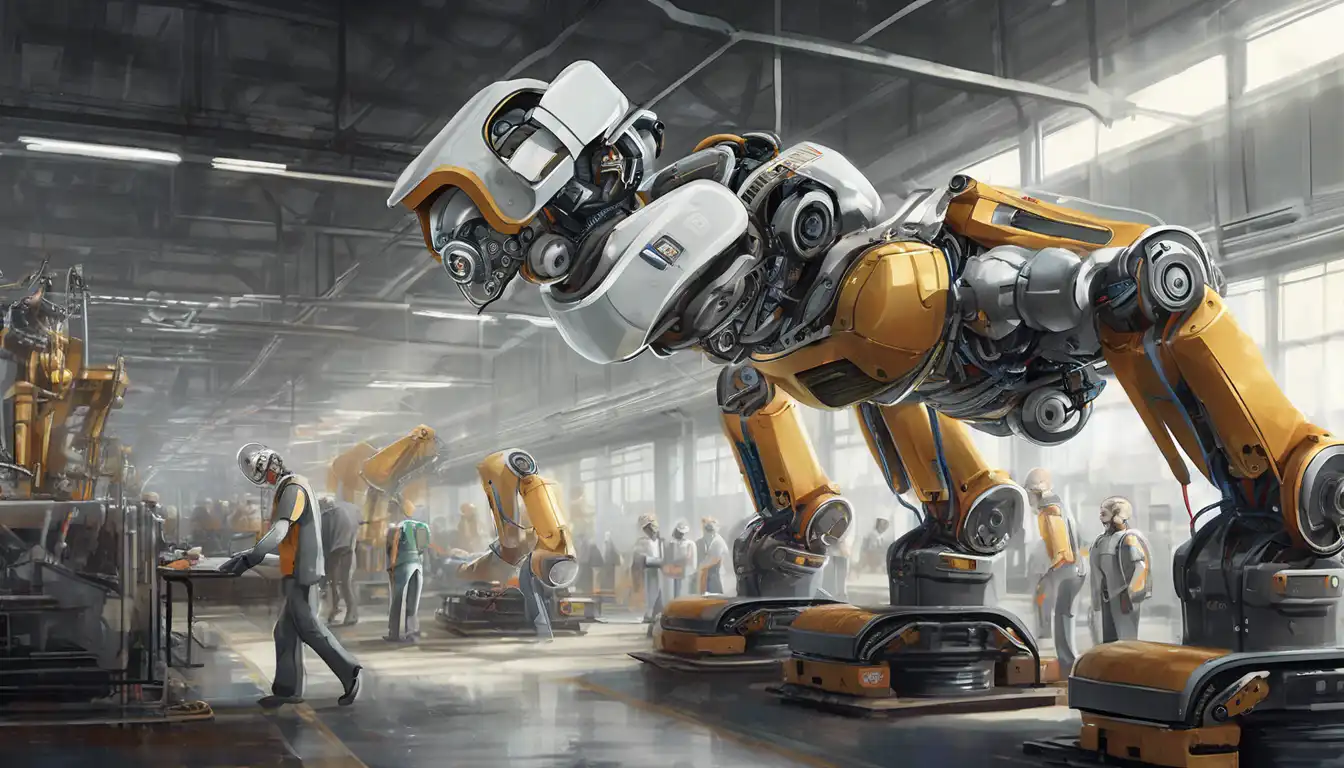The Revolutionary Impact of Robotics on Modern Manufacturing
In the ever-evolving landscape of manufacturing, robotics has emerged as a game-changer, revolutionizing how products are designed, produced, and delivered. This transformation is not just about automating repetitive tasks; it's about redefining efficiency, precision, and scalability in manufacturing processes.
Enhancing Efficiency and Productivity
Robotics technology has significantly boosted manufacturing efficiency by performing tasks at speeds and with a level of precision that far surpass human capabilities. Automated robots work tirelessly, reducing production times and increasing output without compromising quality. This leap in productivity is enabling manufacturers to meet growing consumer demands more effectively.
Improving Workplace Safety
One of the most notable benefits of robotics in manufacturing is the enhancement of workplace safety. Robots are now handling hazardous tasks, from welding to handling toxic materials, minimizing human exposure to dangerous conditions. This shift not only protects workers but also reduces the incidence of workplace injuries and associated costs.
Customization and Flexibility
The advent of robotics has introduced unprecedented levels of customization and flexibility in manufacturing. Advanced robots can be quickly reprogrammed to adapt to new products or changes in design, allowing manufacturers to respond swiftly to market trends and consumer preferences. This agility is a critical competitive advantage in today's fast-paced market.
Reducing Operational Costs
While the initial investment in robotics can be substantial, the long-term savings are undeniable. Robots reduce labor costs, minimize waste through precision, and lower energy consumption, contributing to significant operational cost reductions over time. These savings can be reinvested into further innovation and growth.
The Future of Manufacturing with Robotics
As robotics technology continues to advance, its role in manufacturing is set to expand even further. Innovations such as collaborative robots (cobots), which work alongside humans, and AI-driven robots are paving the way for smarter, more adaptive manufacturing ecosystems. The future promises even greater efficiencies, with robotics at the heart of Industry 4.0.
In conclusion, robotics is transforming manufacturing in profound ways, from enhancing productivity and safety to enabling customization and reducing costs. As this technology evolves, its impact will only deepen, heralding a new era of manufacturing excellence. For more insights into the future of manufacturing technology, explore our technology trends section.
